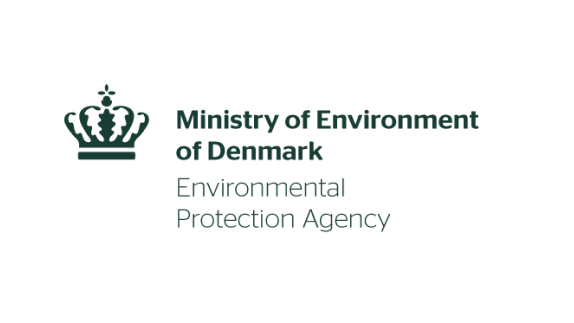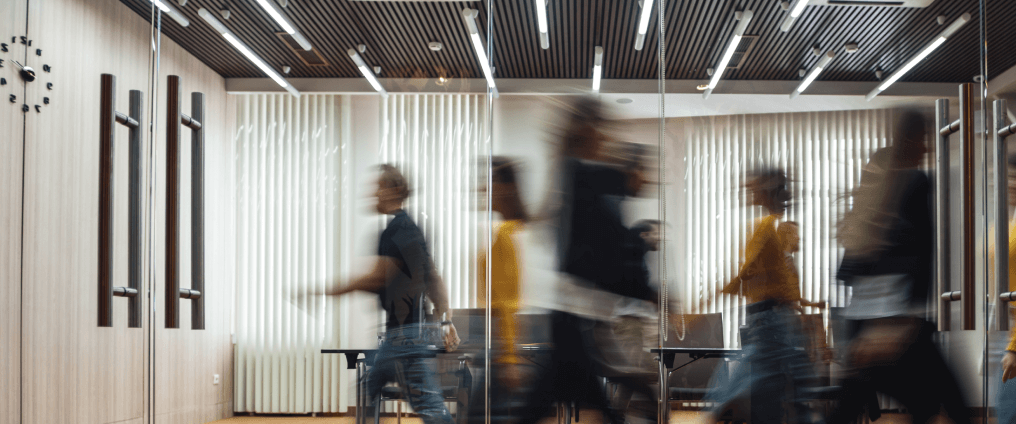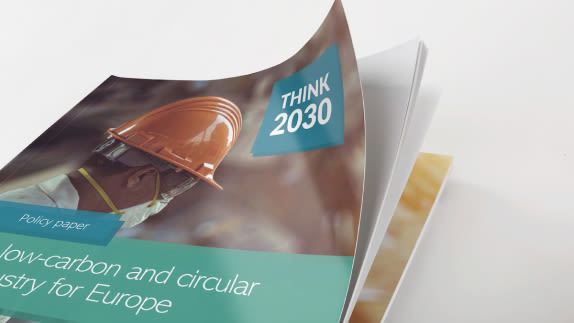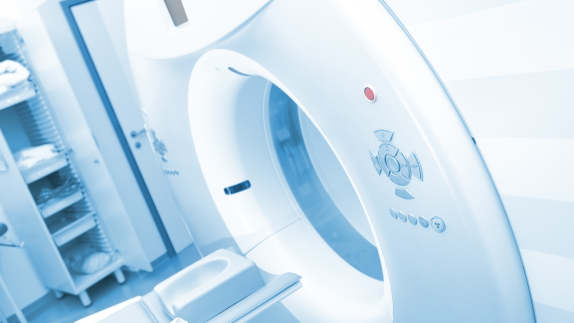
name:
Danish Environmental Protection Agency
Initiated by the Danish government, the programme aims to shift public procurement to support the transition to a circular economy. Through the partnership, members work to integrate procurement policies that emphasise circular economy criteria such as the use of non-toxic chemicals, extended product lifespan, and the cycling of biological and technical materials.
Public procurement refers to the process by which public authorities purchase goods and services from companies. The impact of public procurement on the transition to a circular economycircular economyA systems solution framework that tackles global challenges like climate change, biodiversity loss, waste, and pollution. It is based on three principles, driven by design: eliminate waste and pollution, circulate products and materials (at their highest value), and regenerate nature. could be significant as it is worth around EUR 2 trillion in the European Union, around 19% of GDP. Integration of holistic procurement requirements can increase demand for circular products and services, drive innovation, minimise environmental degradation and save public money, as the costs of the product’s entire life cycle will be considered.
“Public procurement 19% of GDP in the EU”
In Denmark, where the public sector procures goods and services for around EUR 38 billion annually, a national initiative is aiming to shift the country’s public procurement practices to support a green transition of the market.
Partnership for Green Public Procurement (GPP)
The Partnership for GPP is a collaborative initiative between Danish regions, municipalities and the Ministry of Environment and Food on common objectives for green procurement. The current 14 partners have committed themselves to integrate green goals in their procurement policies as well as greening their procurement on 11 specific product groups. Criteria include recyclabilityrecyclabilityThe ease with which a material can be recycled in practice and at scale., number of chemicals, product lifespan and total cost of ownership – all elements essential for the transition to a circular economy. The partnership’s total volume of procurement is significant at EUR 5 billion.
The Partnership for GPP was established in 2006 by the then Minister of Environment, Connie Hedegaard, and Denmark’s three largest municipalities. The objective is to create a coalition of governmental bodies to increase procurement volumes and therefore have a larger impact on the market. The partnership is in close collaboration with the Forum for Sustainable Procurement, which is a broader national initiative targeting all stakeholders with an interest in procurement, and has been running since 2011.
The key activities of the Partnership for GPP revolve around collaboration, capacity building and sharingsharingThe use of a product by multiple users. It is a practice that retains the highest value of a product by extending its use period. of knowledge and experiences. Through the partnership the members get access to knowledge on how to integrate environmental and economic requirements into tenders, and a common set of criteria they can use to strategically drive the market in the same direction. Membership is free, but active participation and the development of specific actions are requirements.
Case: residential construction in Odense Municipality
Odense Municipality was to construct 40 new residences for youths with disabilities. By rethinking the tender and implementing green procurement requirements the new buildings were constructed using fewer unwanted chemicals, alternative materials such as paper wool for insulation, recycled bricks, and energy efficient solutions including LED lighting and solar water heating. The construction cost of the residences was 5% higher than business-as-usual, but it is expected that the extra investment will be repaid quickly due to lower operating costs (source: gronneindkob.dk, ansvarligeindkob.dk).






